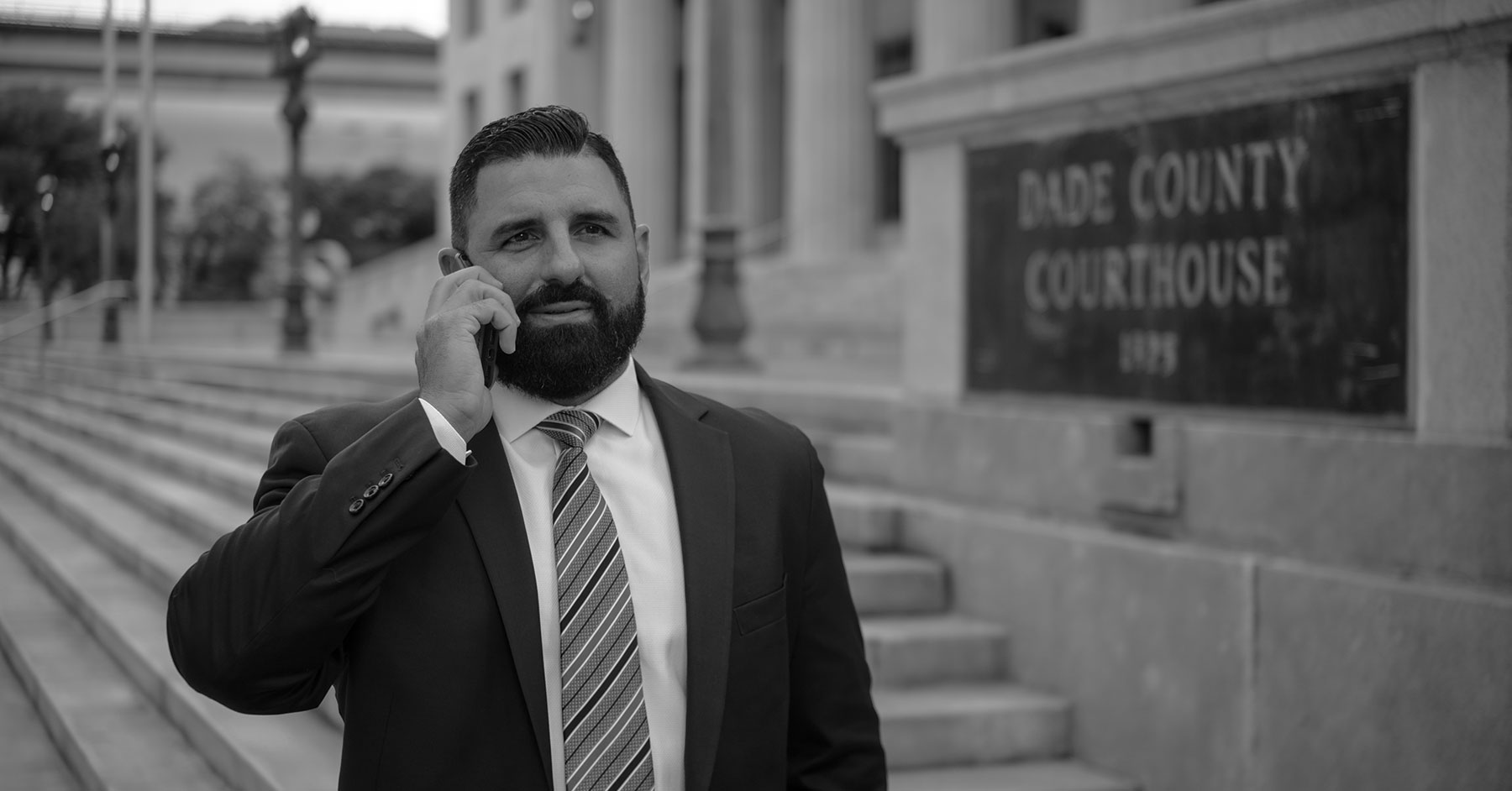Federal Conspiracy Drug Charges
When it comes to battling drug use, trafficking, distribution and manufacture, the government means business. That is why $47 billion is spent annually in the U.S. on the war on drugs. Many drug arrests are prosecuted as state crimes. Federal drug charges are more serious and often result in massive arrests, such as the August 2019 “Operation Cazador,” which resulted in 290 arrests in a three-day sweep that involved the federal Drug Enforcement Agency (DEA), along with state and local law enforcement. Those arrested included everyone from gang and cartel members to physicians and pharmacists.
What is drug conspiracy?
A drug conspiracy is an agreement between two or more people to commit a crime. To obtain a guilty verdict, the U.S. prosecutor must have sufficient evidence to prove that there was an agreement between two or more people to violate a federal drug law and that all conspirators knew that they were agreeing to and joining in on a federal drug crime. Common federal drug conspiracies include:
-
-
- Trafficking: Drug trafficking may include a network of co-conspirators and can be charged for federal conspiracy drug crimes.
- Continuing Criminal Enterprise: This statute is used exclusively to “target only drug traffickers who are responsible for long-term and elaborate conspiracies.”
- Manufacturing: Anything related to the preparation, processing, production or extraction of a controlled substance can be a federal conspiracy crime if more than one person was knowingly and intentionally involved in this illegal act.
- Distribution: If multiple people were involved in the distribution of an illegal drug, then it may be considered a federal drug conspiracy.
-
Penalties for federal drug conspiracy
The penalties for federal drug conspiracy charges depend on a number of factors, including the type of drug, the quantity of the drug and the size of the operation (especially in the case of Continuing Criminal Enterprise). In general, prison terms for conviction are:
-
-
- Marijuana: A prison term of up to 20 years for an unalleged amount of marijuana to up to life in prison for 1000 kg (approximately 2,200 lbs.).
- Cocaine/crack cocaine: A prison sentence of up to 20 years when there is no specified amount of the drug and from 10 years to life for five or more kg (slightly more than 11 lbs.) of cocaine and 280 grams or more of crack cocaine.
- Heroin: Imprisonment of up to 20 years for unspecified amounts of heroin and from 10 years to life for one kg (2.2 lbs.) of heroin.
- Methamphetamine: Prison terms for “meth” include up to 20 years when no amount is specified and from 10 years to life for amounts at or exceeding 50 grams (about 1-3/4 oz.).
- Opioids: Prison sentences of from 5 years to life.
-
Convictions also often include substantial fines. Note, too, that under the Sentencing Reform Act of 1984, there is no parole for federal prisoners; however, there may be considerations for “good behavior.”
Attorney Nayib Hassan has extensive background and a record of success in defending those charged with federal drug conspiracy crimes
To discuss your case with a skilled and dedicated Florida federal drug crime lawyer, please contact our office online or call us at (305) 403-7323 to schedule a consultation.

